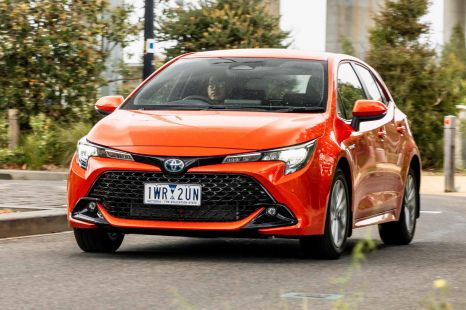

Max Davies
2025 Toyota Corolla SX review
5 Days Ago

News Editor
Toyota may be selling more and more hybrids, but it also sells a huge number of diesel-powered models. The logical next step, arguably, is to introduce a diesel hybrid.
Auto Industriya reports Toyota is planning to do just that, with its first diesel-hybrid powertrain to be used in the HiLux-based Fortuner.
It’s reportedly part of the GD family of engines, which includes the 2.4-litre turbo-diesel four-cylinder found in the HiLux and its 2.8-litre sibling in both the HiLux and Fortuner.
A launch date is reportedly set for the second quarter of 2022 in Indonesia, where it’ll be produced by the company’s Indonesian joint-venture Toyota Astra Motor.
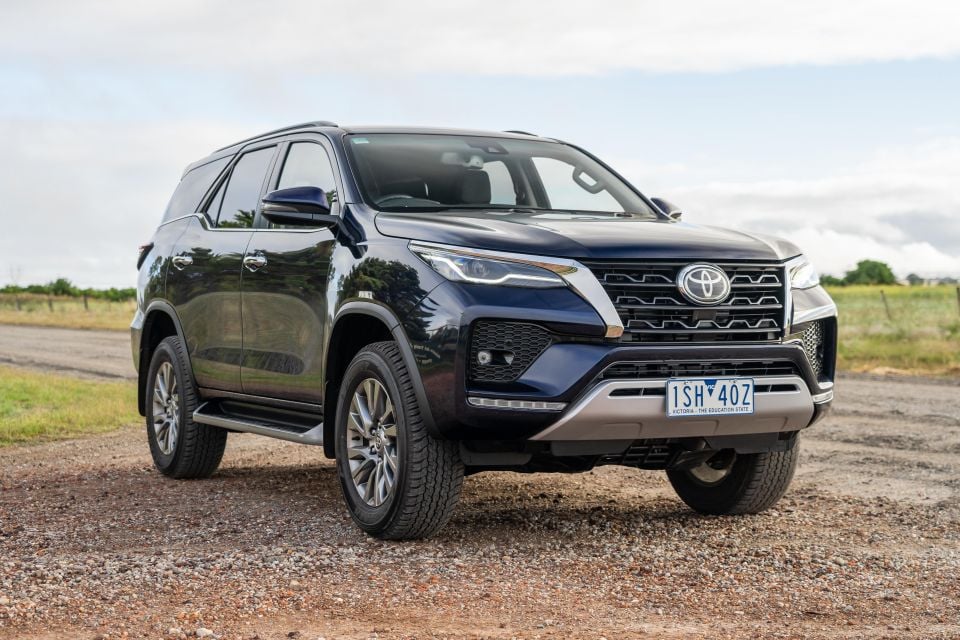
Indonesian production means a hybridised Fortuner isn’t a shoe-in for Toyota Australia, which sources the Fortuner and HiLux from Thailand.
Toyota Astra Motor is planning on expanding its global presence, however.
An earlier report from CNN Indonesia in March 2021 said Toyota’s Indonesian operations are looking to increase the number of export destinations to 100 by 2024 and produce an additional 250,000 cars and 411,000 engines annually.
The company is investing an additional A$2.56 billion in Indonesia, with plans to produce “10 types of electric vehicles” for Indonesian consumers, according to Toyota Asia Region CEO, Yoichi Miyazaki.
Indonesia will become a centre for Toyota’s product exports, including beyond the ASEAN nations.
Another Indonesian-built Toyota that could be the first to receive a diesel-hybrid powertrain is the Innova, a people mover based on the HiLux and Fortuner’s platform.
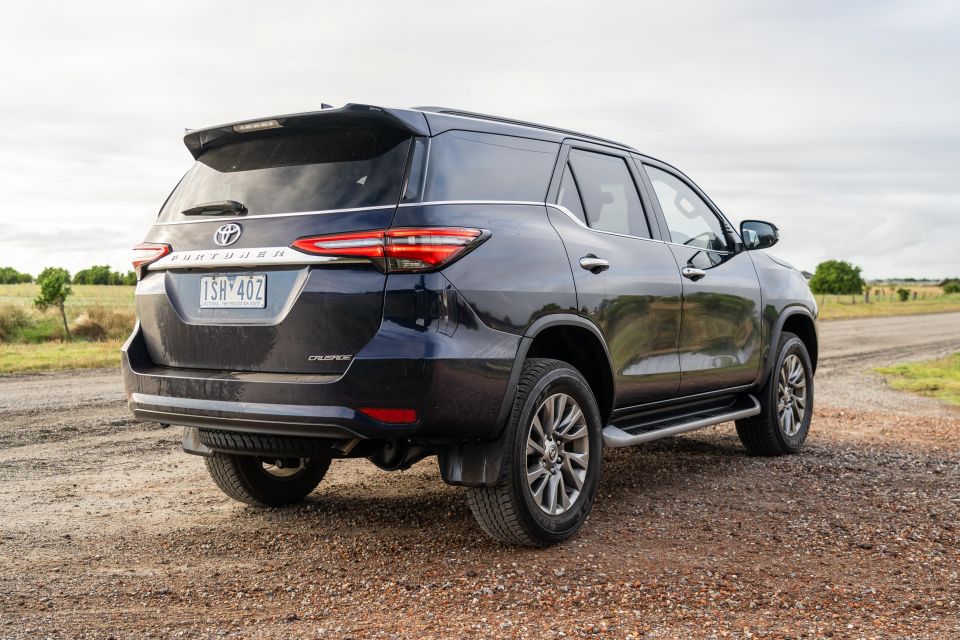
Toyota Australia has promised hybrid versions of its LandCruiser, HiLux, HiAce and Prado before 2030, but hasn’t confirmed what kind of hybrid powertrains they’ll use or specifically when they’ll appear.
While petrol hybrids have proliferated through Toyota’s line-up and can be found in products made by Hyundai, Kia and many others, diesel hybrids are much less common.
Peugeot offered diesel-hybrid versions of its first-generation 3008 and 508 models, though neither were sold here. The company announced in 2015 it was phasing out its diesel hybrids as they didn’t have appeal in enough markets.
Mercedes-Benz actually offers diesel-electric plug-in hybrid versions of the C-Class and E-Class in Europe, though they’re also off the table for our market.
Where expert car reviews meet expert car buying – CarExpert gives you trusted advice, personalised service and real savings on your next new car.
William Stopford is an automotive journalist based in Brisbane, Australia. William is a Business/Journalism graduate from the Queensland University of Technology who loves to travel, briefly lived in the US, and has a particular interest in the American car industry.


Max Davies
5 Days Ago
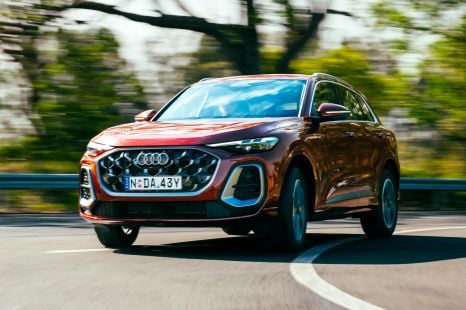

James Wong
4 Days Ago
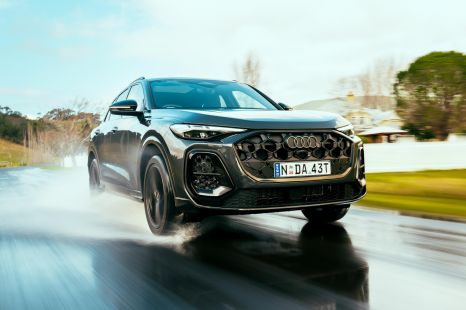

James Wong
3 Days Ago
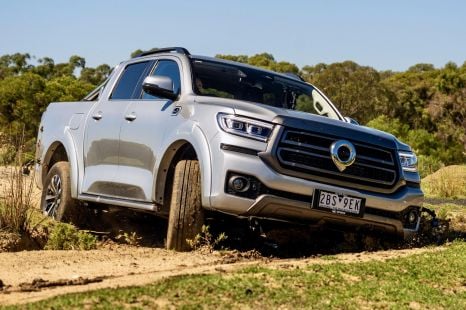

Max Davies
2 Days Ago
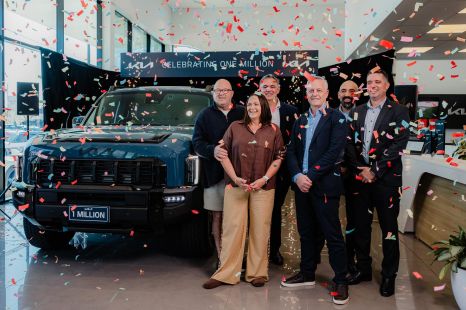

James Wong
15 Hours Ago
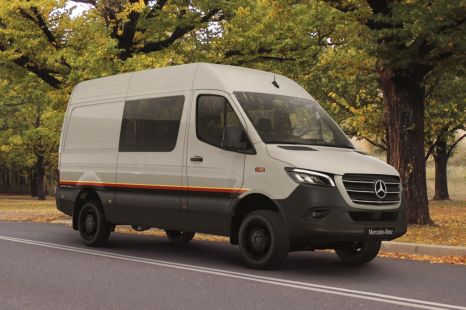

Marton Pettendy
14 Hours Ago